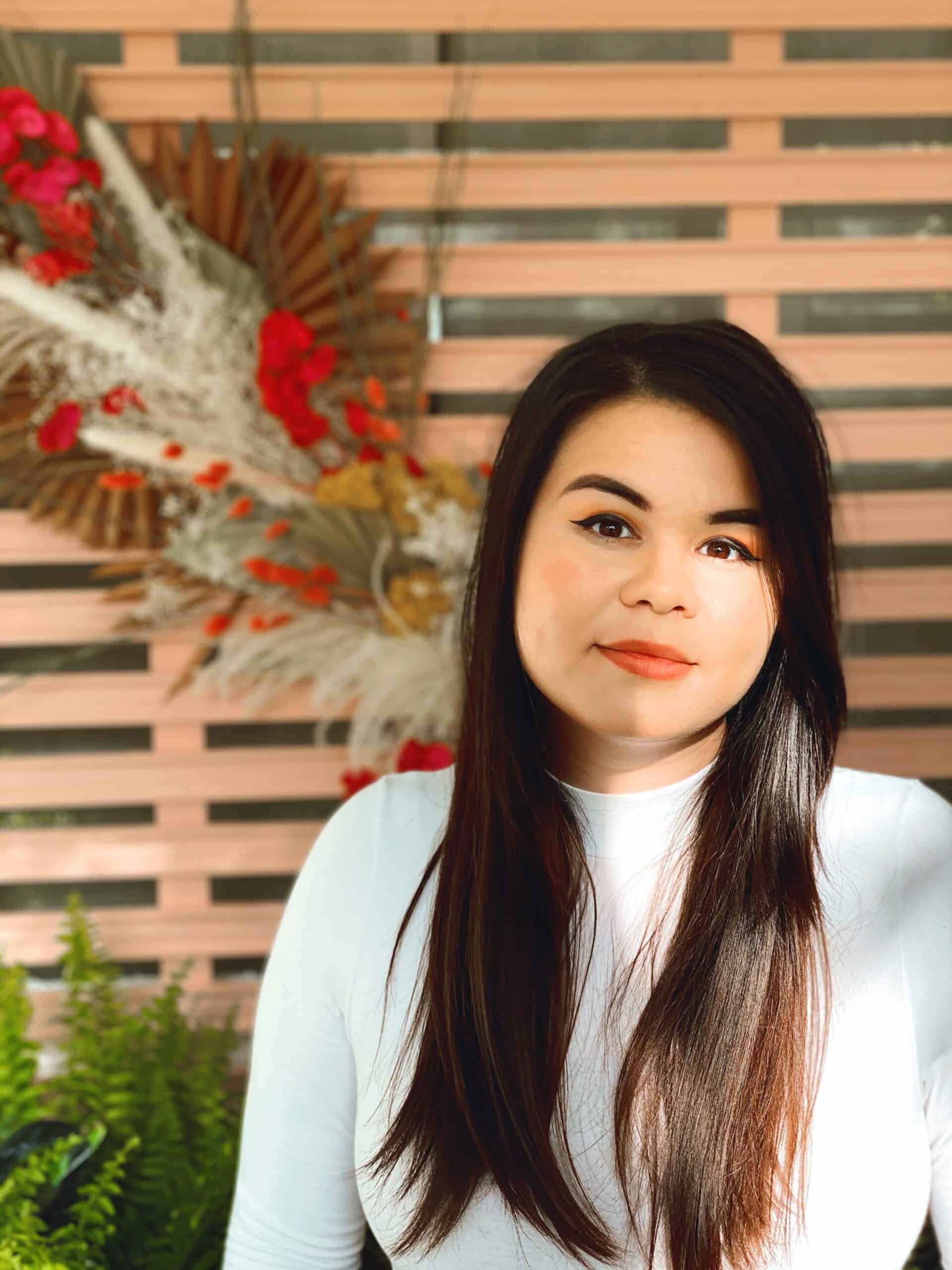Meet Elisabeth Victoire, the visionary founder behind Qopeen, a groundbreaking crowdfunding platform tailored for women. Blending the concepts of “Queen” and “Copine” (French for “friend”), Qopeen is on a mission to tackle pressing issues such as period poverty while fostering an empowering community of support and anonymity. With a passion for making a positive impact and a commitment to providing essential products to those in need, Elisabeth’s journey embodies resilience, innovation, and the transformative power of “quiet kindness.”
What does Qopeen mean and what it is all about?
Qopeen is a blend of “Queen” and “Copine,” which is French for “friend.” We’re a unique crowdfunding platform designed specifically for women. We address pressing issues like period poverty and ensure access to essential products when they’re needed most. We’ve created a judgment-free zone where women can support each other anonymously, fostering a unique and empowering community. In collaboration with Target, we offer a personalized experience, allowing every woman to meet her specific needs. Because of its unique anonymous aspect, Qopeen is also known as the “Home of Quiet Kindness.”
What inspired you specifically to address the issue of period poverty through your business?
I reached a point in my career where I felt very unfulfilled. I wanted to make a positive impact on the world. Reflecting on my own experiences and those of friends, period poverty stood out as a major issue. It left a lasting impression on me, and statistics show it’s still a significant problem for many women. Two-third of women can’t afford period products, which are expensive and often heavily taxed. While this was the initial focus, I quickly realized the need to expand to other categories like personal hygiene products, food, and even baby formula. “Women, especially women of color,” I believe, “are more likely to live in poverty than men, and they need robust, targeted solutions to ensure their long-term economic security.” Poverty is a silent crisis affecting too many women, and addressing it felt like a necessary step to empower and uplift those in need through Qopeen.
Could you describe the mission and goals of Qopeen?
The mission is to give women a platform where they feel safe to ask for help without fear of judgment. In today’s digital world, online information is permanent. Imagine having your name tied to a crowdfunding campaign because you can’t afford period pads or soap! We should not be ashamed to go through a tough time but it is a completely normal human so that’s why I chose to set up an anonymous process both for campaigners and for donors. Qopeen vets all requests, so donors can confidently contribute to women who truly need it.

What were some of the initial challenges you faced when starting Qopeen, and how did you overcome them?
Being a solo non-tech founder, the initial challenge was building and launching the platform. I overcame it through determination, testing, learning, and reaching out to engineers in the field to help me where I would face an issue only a technical person could fix. Also, because Qopeen is a bootstrap venture it has its challenges that VC-backed startups do not have, but in a way, it aligns with our commitment to ‘’quiet kindness’’.
How do you source and distribute your products to those in need?
We do that through our partnership with Target. Target is known for its excellent products in all categories (Food, Personal Hygiene, Baby Formula, etc…) and its commitment to serving communities. They strive for “solutions that drive meaningful and positive impact for people.” Target has nationwide locations, and its convenient pick-up program integrates seamlessly with
Qopeen’s system. As a founder, partnering with such a great company was an easy decision. Probably the easiest decision I’ve had to take while building Qopeen.

Can you share any heartwarming stories or moments that have occurred as a result of Qopeen’s work?
There are many, but some of the most meaningful include seeing the first campaign fully funded by a generous donor who loved Qopeen’s concept, and the ongoing support I receive from people who connect with my mission. These experiences remind me that I’m on the right track and shouldn’t give up, even when things get tough.
In what ways do you engage with your community, both online and offline? Social media plays a crucial role in raising awareness. We’ve been focusing our efforts on to reach people via Instagram, Facebook, Tiktok and Linkedin. It helps us share everything about Qopeen what it stands for and what it does. The company is being built in front of the entire world.
Soon we will be having in-person events where we can interact with our users and people who support our mission. We’ll be sharing info via our social media pages so stay tuned!
Have you faced any stigma or resistance while working in this field, and if so, how do you handle it?
That’s a great question! Some people questioned how the platform could work, especially considering I’m a solo founder with no tech background and limited connections in the VC/Silicon Valley world. It can be tough, but as an immigrant and child of immigrants, I’m naturally resilient. This resilience helps me remember my purpose and who I’m doing this for. It allows me to block out negativity and focus on Qopeen’s mission.
What advice would you give to others looking to start a business or project with a social impact focus?
I would say to focus on your product or service and not to worry about the nay-sayers, especially the ones who have not been where you are or where you want to go. It is also important to make sure this is something that you want to do for the next 5, 10, 15 years. Building a business, even more so a social impact company requires one to be fully committed, there’s no such thing as overnight success. Do not be afraid to reach out to people, to talk about what you’re working on, don’t be afraid to be seen. If there’s a time to rely on your network it is when you’re building something from scratch.
And finally, enjoy the small victories!
You can find Elisabeth’s work here:






